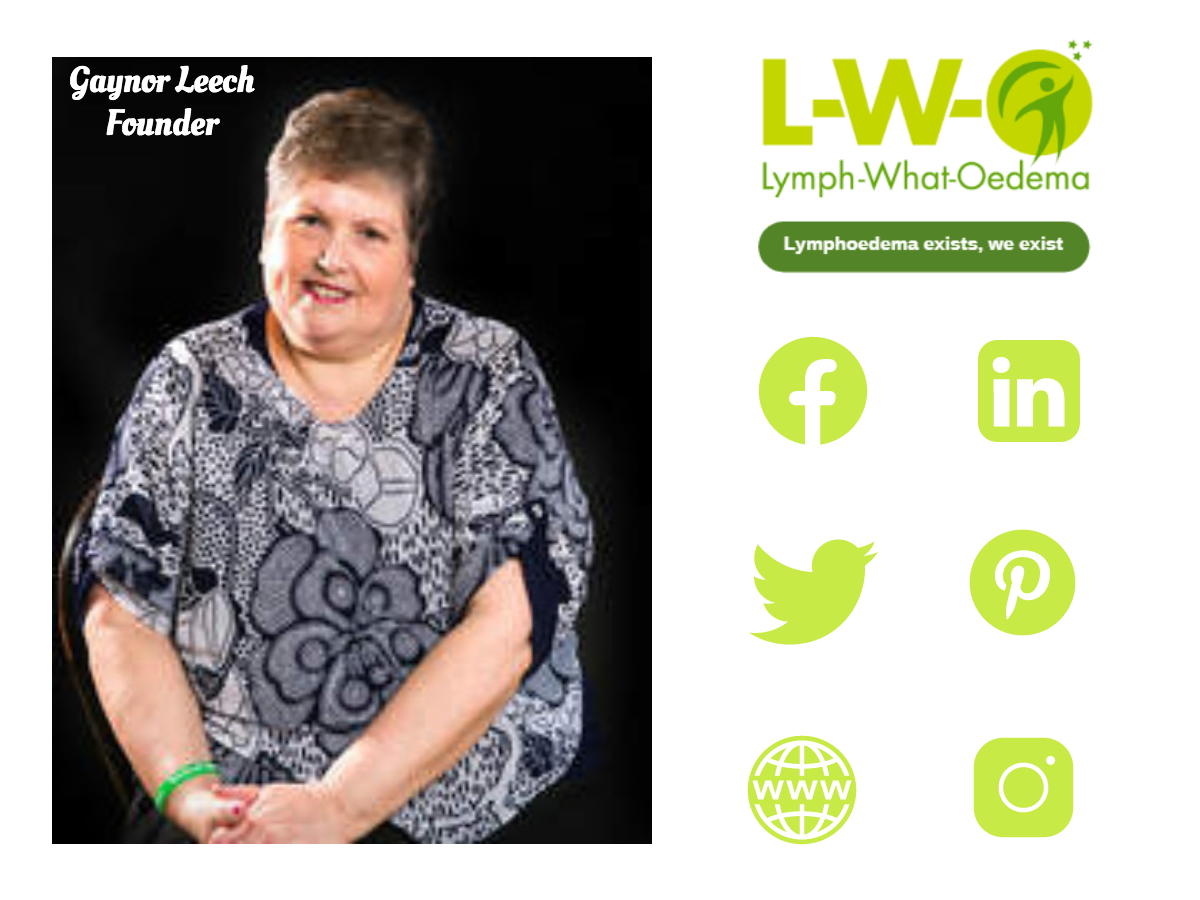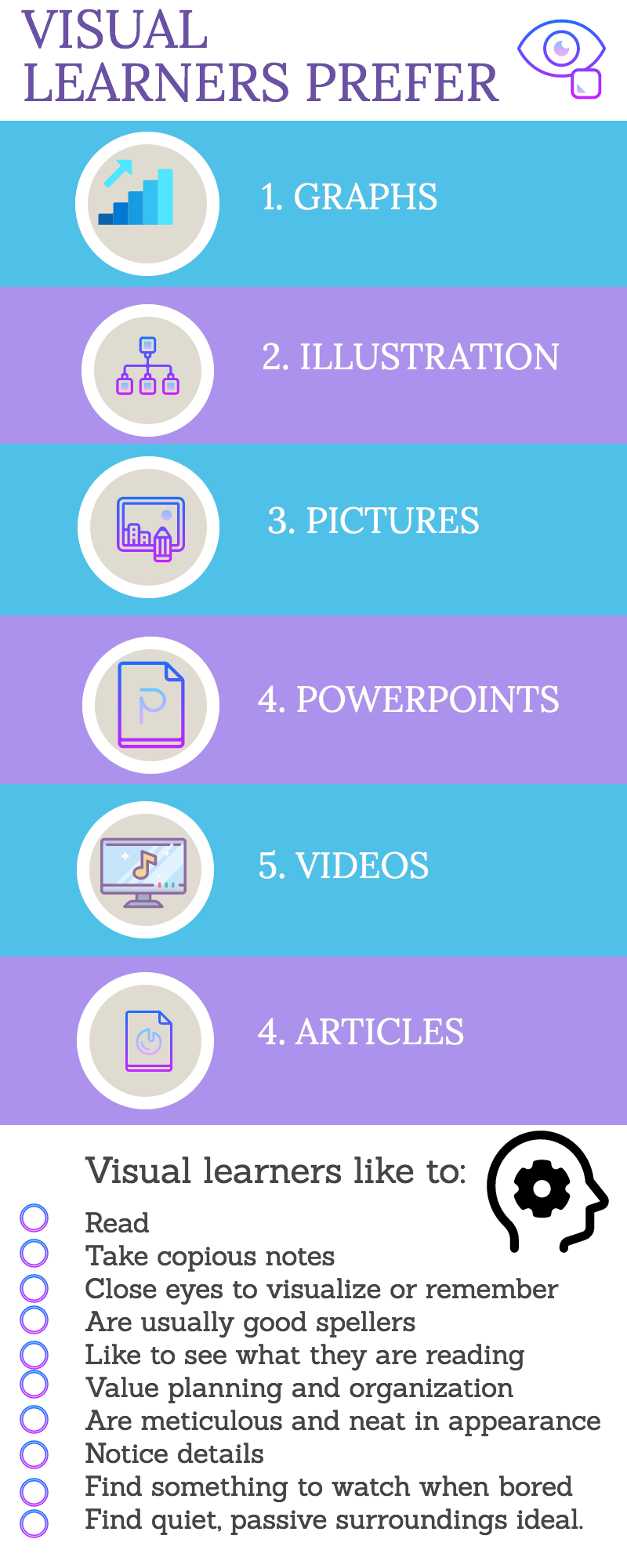BLS Virtual Conference 2020 - A Review from Gaynor Leech
As a British Lymphology Society (BLS) member, I was thrilled to attend the first Virtual Conference in October of 2020. In this challenging new world although not a new concept 2020 has seen more courses, webinars and conferences move online as organisations adapt to a new way of learning, promoting, and reaching their audience or customer base.

The only downside was the lack of human contact, the networking meeting up with friends or friendly acquaintances and making new acquaintances. However, if you put that aside then it was positivity all the way. On a personal note for me, I remember so much more of this conference than previous conferences. There was no having to strain to watch the screens, trying to zoom your camera in to take pictures of slides. You always hope that someone does not stand up or block your view or the ultimate nightmare, when you check your camera the photograph was out of focus.
I recently completed an online questionnaire about what type of learner I was. Answering the relevant questions, the algorithms decided I was a ‘visual learner’. Below is a little 'visual' of what that means and it actually describes me to a tee!

So, in this conference, not only could I listen to the speakers, I could read the slides close up. One of the biggest bonuses was that the conference information stayed online for the whole month. This meant I could go back and refresh what I had learned as many times as I needed. Also, as a member of BLS I have access to the fact sheets on the BLS website to read. From my point of view, I retained more information and for me it was a great success.
Highlights for me
When you attend a successful conference, it is difficult to pick out one highlight, therefore I have picked out the ones that have the most relevance to me and L-W-O Community.
I have battled with weight problems all my life and it is only since I reached my 60’s that I was able to find a way to do what is right for me. Therefore, I could have listened to Tobias Bertsch from the Foeldi Clinic, Germany talking about diet all day. He explained the difference between Lipoedema and Lymphoedema and within this topic he discussed diet. There are some who will see his thoughts as controversial, personally I found his thoughts enlightening. He stated that “Women spend on average 6 years of their lives dieting”.
Tobias had a plan A and a plan B, here is a brief summary of his thoughts.
“Companies who promote diets are making money from you. No more diets – diets make you fat and sick.” Plan A is dead.
Plan B
- Let us change our attitudes – accept obesity as a disease
- Let us change our therapeutic goal Key Words: Stabilize – Exercise – Stop dieting – Start living – Healthy Foods – Sugar Kills
- Then he discussed the options of surgery
Tobias Bertsch was clearly not happy with the media and the glossy magazines that portray super thin models who have probably had a degree of airbrushing to make then look fabulous, but these images are not real.
My personal thoughts as I said in the beginning, I found his approach enlightening. I also think until we start being kind to ourselves and learning to like ourselves then sadly nothing much will change.
The overriding message from this session was:
“Treat the cause of obesity”
Kathryn Taylor’s abstract on adapting treatment for someone with learning disabilities who has lymphoedema. Our L-W-O Support Group we are often asked whether lymphoedema is a disability and passions run high. It is evenly split between those that think it is a disability and those who are horrified as being seen as disabled because of their lymphoedema. As a community we promote:
Lymphoedema should not define who you are
I found the approach that Kathryn and her team used to treat a young man who not only lived with lymphoedema and other conditions but also had learning difficulties an inspiration. The clinical team had to think outside the box and devised a daily care plan chart using his favourite colours and a self-care leaflet with pictures all aimed to help the young man and his carer. They were able to provide him with compression garments in his favourite colours.
In a review of their caseload the clinic estimated 25% of the patients referred to their service with lower limb lymphoedema had been diagnosed with a learning disability.
One of the reasons I have found Kathryn’s abstract encouraging is that it shows how clinics can and I sense were adapting to the patients need pre Covid-19.
I also appreciated learning more about Genital Lymphoedema from Dr. Rhian Noble-Jones as we have several members who live with this. However, it is too wide of a topic to cover in this review so I will leave this for another day.
The College of Podiatry presentation was informative including ‘ankle rocking’ again this is a topic to be covered later.
Finally, for this review I was absolutely thrilled to listen to and read about the work that is being undertaken with regards to children living with lymphoedema. This is subject close to my heart not only because of our families support group and family’s website but because my great granddaughter lives with a lymphatic malformation. Big thank you to Rebecca Elwell for giving our families website a mention as a good source of information.

Please note: Thoughts and interpretations are mine. I am not an expert or medical professional. I am a passionate patient advocate.

